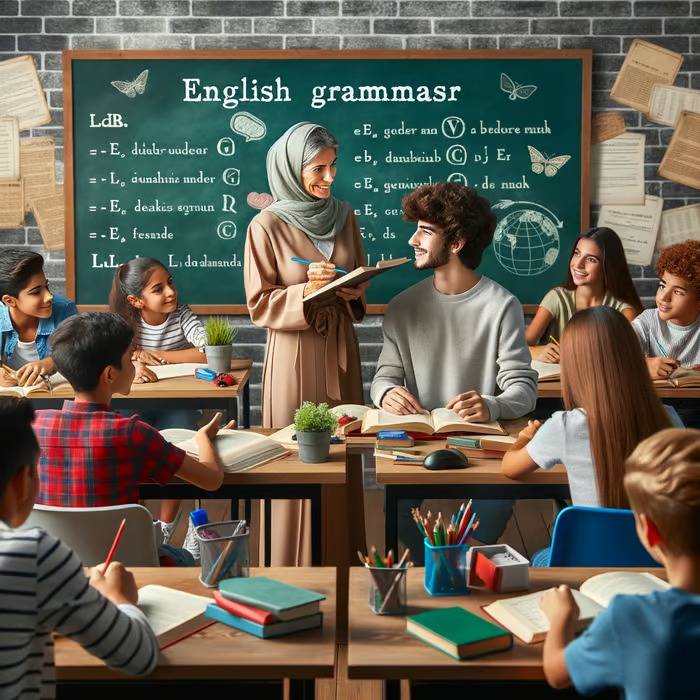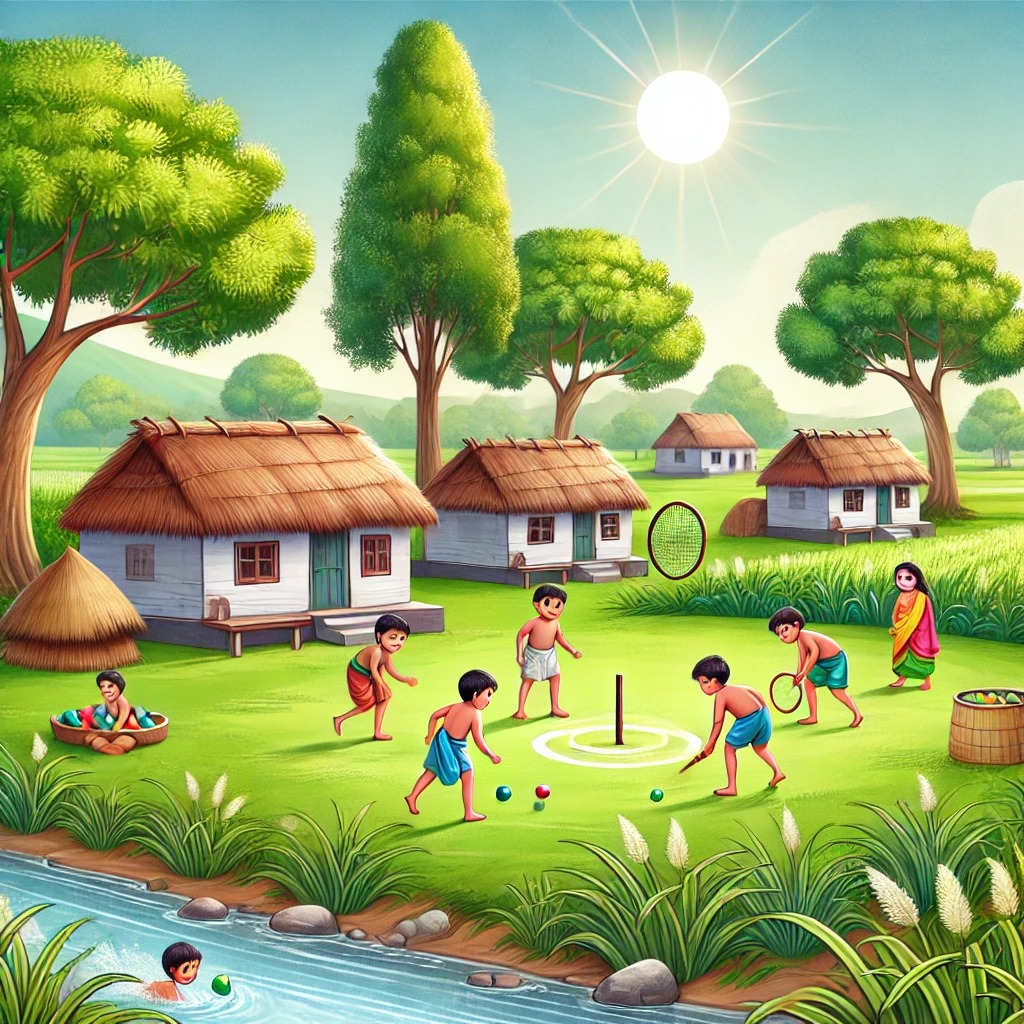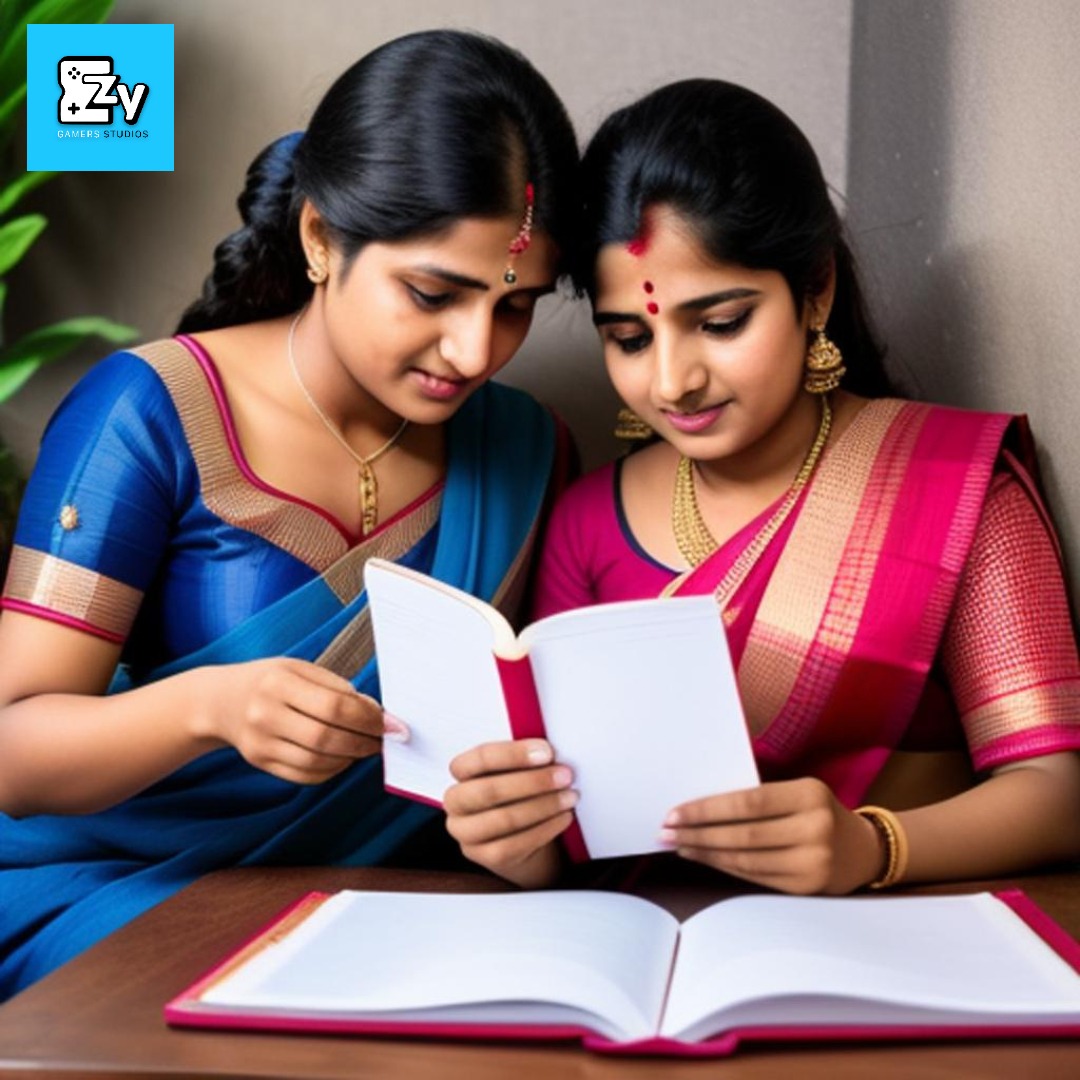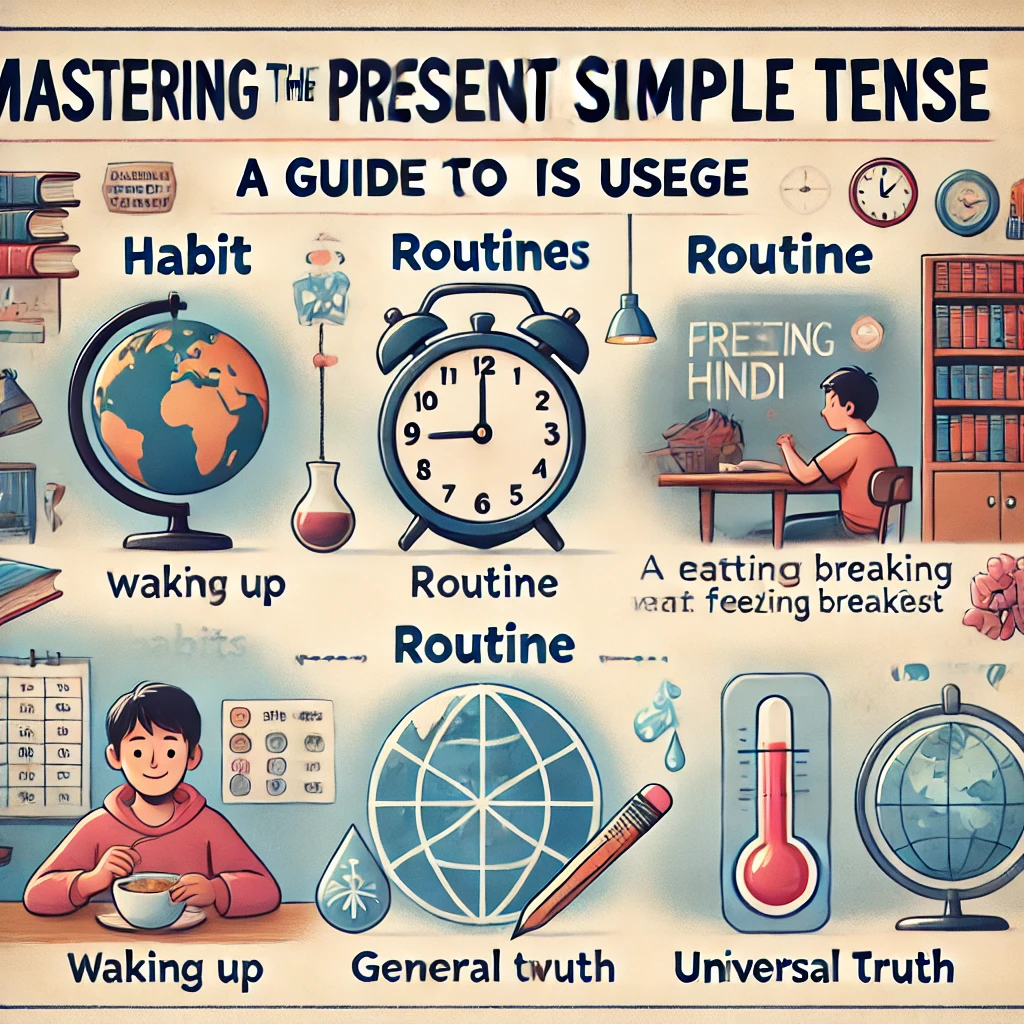Hindi Explanation:
ग्रामीण भारत के बच्चों के लिए अंग्रेजी भाषा सीखना कई चुनौतियों से भरा होता है। इनमें से एक चुनौती है काल (Tense) का सही उपयोग, विशेष रूप से "Past Perfect Continuous" (पूर्ण भूत निरंतर काल)। यह काल, जो किसी कार्य के भूतकाल में निरंतर चलने और किसी अन्य भूतकालीन घटना से पहले समाप्त होने को दर्शाता है, हिंदी भाषा संरचना से काफी भिन्न होता है। इससे बच्चों को इस काल को समझने और प्रभावी ढंग से उपयोग करने में कठिनाई होती है। अगर पाठ्य सामग्री में इस काल का स्पष्टीकरण और अभ्यास पर्याप्त नहीं है, तो बच्चों की समझ अधूरी रह जाती है और उनकी अंग्रेजी भाषा कौशल का विकास प्रभावित होता है। नतीजतन, वे सही वाक्य नहीं बना पाते और उनकी लेखन और बोलने की क्षमता सीमित रह जाती है। इसलिए, शिक्षण सामग्री में "Past Perfect Continuous" के उपयोग को सरल, उदाहरणों से भरपूर और हिंदी से जुड़कर प्रस्तुत करना बहुत महत्वपूर्ण है।
English Explanation:
Teaching English to rural Indian children presents unique challenges. One such challenge lies in mastering verb tenses, specifically the Past Perfect Continuous tense. This tense, indicating an action ongoing in the past that was completed before another past action, differs significantly from Hindi sentence structure. This difference often hinders comprehension and effective use. Insufficient explanation and practice in learning materials can leave students with incomplete understanding, impacting their overall English language proficiency. Consequently, they struggle to construct accurate sentences, limiting their speaking and writing abilities. Therefore, incorporating clear, illustrative explanations of the Past Perfect Continuous tense, connecting it to familiar Hindi structures, is crucial for effective language learning tools. The lack of sufficient contextualization and relatable examples can significantly hinder comprehension and effective application of this complex tense.
| English | Hindi | Roman Hindi |
|---|---|---|
| I had been studying English for five years before I moved. | मैं पाँच साल से अंग्रेजी पढ़ रहा था जब मैं शिफ़्ट हुआ। | Main paanch saal se angrezi padh raha tha jab main shift hua. |
| She had been waiting for the bus for an hour. | वह एक घंटे से बस का इंतज़ार कर रही थी। | Wah ek ghante se bus ka intezaar kar rahi thi. |
| They had been playing cricket since morning. | वे सुबह से क्रिकेट खेल रहे थे। | Ve subah se cricket khel rahe the. |
| We had been living in Delhi for ten years. | हम दस साल से दिल्ली में रह रहे थे। | Ham das saal se delhi mein rah rahe the. |
| He had been working on the project all day. | वह पूरे दिन प्रोजेक्ट पर काम कर रहा था। | Wah pure din project par kaam kar raha tha. |
| The children had been singing songs. | बच्चे गाने गा रहे थे। | Bachche gaane gaa rahe the. |
| The dog had been barking loudly. | कुत्ता जोर-जोर से भौंक रहा था। | Kutta zor-zor se bhaunk raha tha. |
| The rain had been falling steadily. | बारिश लगातार हो रही थी। | Barish lagatar ho rahi thi. |
| Birds had been chirping merrily. | पंछी खुशी से चहचहा रहे थे। | Panchhi khushi se chhachha rahe the. |
| I had been dreaming of this moment. | मैं इस पल का सपना देख रहा था। | Main is pal ka sapna dekh raha tha. |





